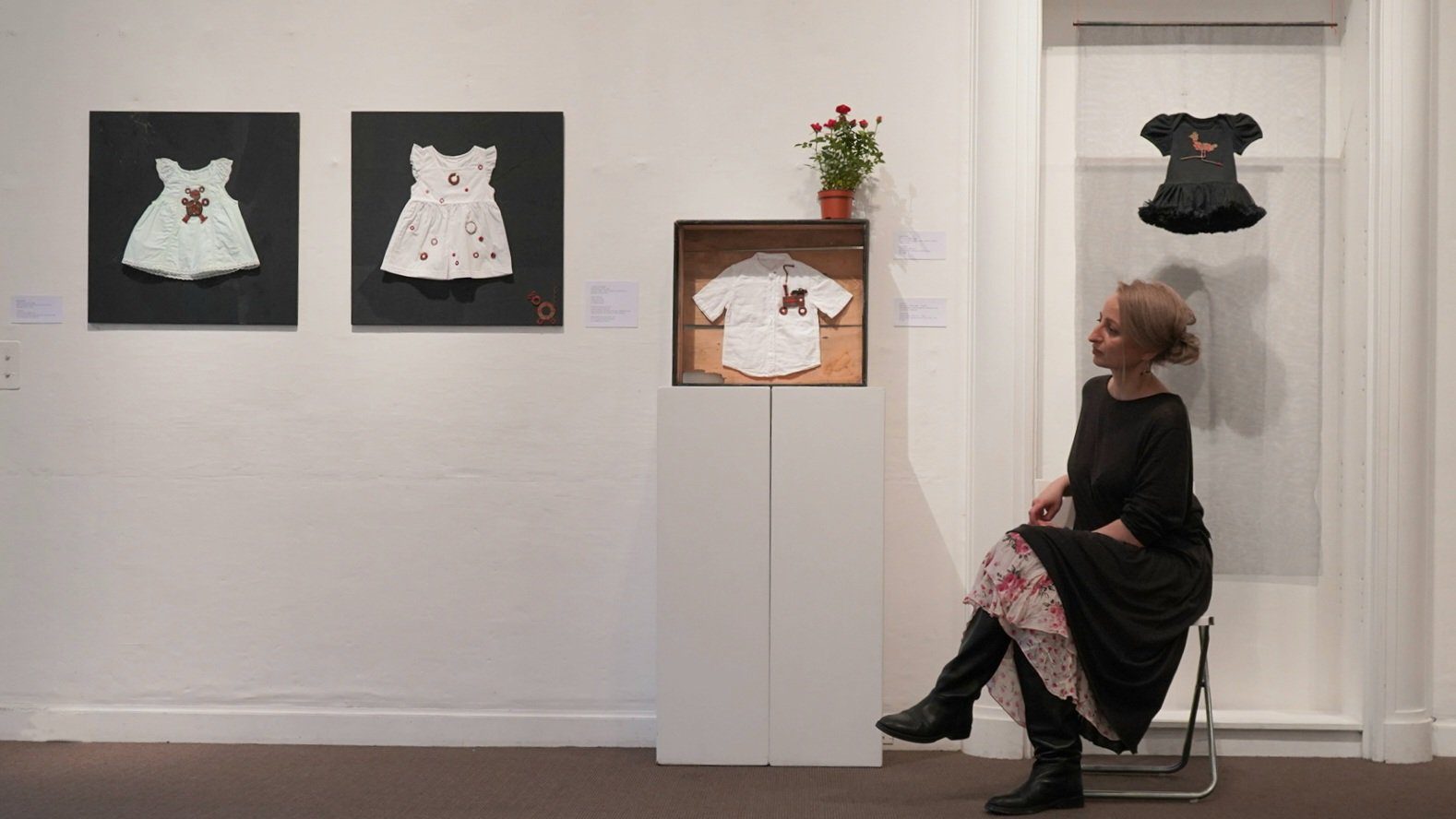This post is also available in: Bosnian
Chief prosecutor Serge Brammertz told BIRN in an interview that the International Criminal Tribunal for the Former Yugoslavia, ICTY has been a success during its 20 years of existence, establishing the facts about the atrocities that were committed during the conflicts and helping the region move forward, but there is still much more to be done to ensure that war criminals do not evade justice.
One of the achievements is that the region would have looked different without the Tribunal. Because of the prosecution of those who bear the greatest responsibility for war crimes, which resulted in taking and having taken them out of the system, I think the countries of the former Yugoslavia were able to move forward in an easier way, Brammertz said.
He said that the courts other achievements include the arrest of all fugitives and help with reforms in the region, as well as building jurisprudence for international justice.
However, he also admitted that the Tribunal has not met expectations that it could achieve reconciliation in the region.
Expectations at the start were very high that the Tribunal would have a positive impact on reconciliation. Today, the reality is that the situation is fragile and some politicians in the region call the ghosts of the past to back their national agenda, Brammertz said.
I dont think we have met the expectations that some people had. However if you look at it realistically, I don’t think prosecutions alone have had the power to achieve reconciliation anywhere in the world, he said.
He explained that, in his view, true reconciliation has to come from within the region, but that the Tribunal has helped achieve the preconditions for reconciliation, through ensuring accountability for crimes and assisting prosecutions in the former Yugoslavia.
I also think that if we speak about success, we should wait for the transition from Tribunal prosecutions to prosecutions in the region, because there are many hundreds of cases to be solved there. Our work is far from over, he said.
Politicians are glorifying war criminals
One of the most frustrating aspects of his job as the Tribunals chief prosecutor, Brammertz said, is witnessing some politicians in the region lauding war criminals, even after their transgressions have been proven in court.
Some politicians in the region are glorifying war criminals or even denying genocide in Srebrenica. Because of this tendency of revisionism, it is important that, here in The Hague, we create a lasting and very strong record of crimes committed for future generations, who want to know what witnesses have said and what has been established by the Tribunal, he explained.
This is why Brammertz sees every verdict as important, although he admits that the most important ones will be on Bosnian Serb civilian and military leaders Radovan Karadzic and Ratko Mladic.
Over the past five years, I have met Srebrenica victims who live under difficult circumstances, since all the male members of their families were killed. Still, in all the meetings I had, the first issue was never their personal situation, but that they wanted Karadzic and Mladic arrested, he said.
I have seen the reaction of those women after Karadzic and Mladic were arrested and, while their situation remains difficult, the arrests have helped them move forward, he added.
Commenting on the criticisms the ICTY has faced, because for long periods it focused on lower and middle-level perpetrators, Brammertz said he understood the logic of starting to build a case at the bottom.
When you have to deal with a complex situation, you cannot start by focussing on the president to build your case against him. The advantage of the ICTYs Prosecutors approach in the early years was that it gave us more time allowing us to get a better understating of the history of the region and to secure a number of insider witnesses. Of course, the case and evidence against Karadzic and Mladic looks very di


